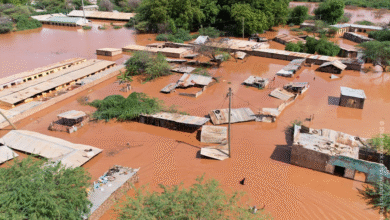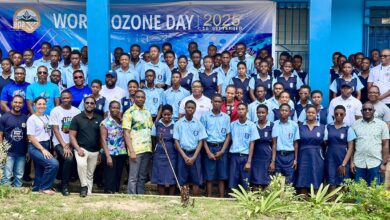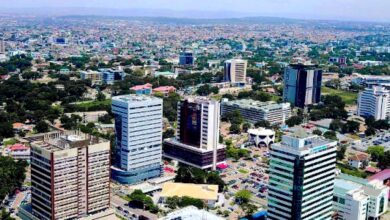Ghana gets $200m World Bank support for tree crop devt
GHANA has received approval for $200 million financing from the International Development Association (IDA) for the Ghana Tree Crop Diversification Project (TCDP) to diversify and grow its economy through the modernisation of agriculture to accelerate productivity, resilience, and industrialization.
The financing will directly benefit 12,800 cocoa farmers and 39,975 cashew, coconut, and rubber farmers, and their households. An additional 20,000 jobs are expected to be created in downstream value addition by mobilizing private capital. Nearly 40 percent of on-farm beneficiaries will be women.
While Ghana’s tree crops sector plays an enormous role in agriculture and the economy, the sector can contribute more substantially to Ghana’s economy and society than it currently does, including job creation, export revenue generation, and poverty reduction of the country’s poorest people. Cocoa, cashew, coconut, and rubber segments employ some 728,000, 100,000, 10,364, and 4,322 farmers respectively. Challenges limiting the development of the sector include low and stagnant productivity, weak institutional capacity, poor sector governance, and poor climate resilience due to weak adoption of climate smart agriculture technologies and practices. There is little value addition and weak coordination between actors of the tree crops value chains. There is also lack of connectivity between farmers and improved inputs and services providers, and vulnerability to pests and diseases. In addition, deforestation, child labor, and the persistence of gender inequities in these agricultural subsectors are of concern.
“The World Bank is pleased to support Ghana’s medium-term national development strategy through the Ghana Tree Crop Diversification Project and directly contribute to the Government of Ghana’s priorities for economic and social development in the Coordinated Program of Economic and Social Development Policies, for inclusive, resilient, and sustainable economy,” said Pierre Laporte, World Bank Country Director for Ghana, Liberia, and Sierra Leone “The project will support private investments in Small and Medium Enterprises (SMEs) in cocoa, cashew, and coconut value chains and in cashew and coconut processing units.”
The TCDP will support demand driven research and enhance on-farm productivity and resilience to improve the productivity, profitability, and climate resilience in the cocoa, cashew, coconut, and rubber value chains. The project will support post-harvest management, value addition, and market access. It will support the deployment of public resources to crowd-in private sector investments in the sector where possible, accelerating economic transformation and developing critical agricultural value chains. The project will strengthen farmer-based organizations as well as the institutional capacity of the Ghana Cocoa Board (COCOBOD) and Tree Crops Development Authority (TCDA) and improve sector governance for competitive and sustainable development of tree crops. It will improve value chain governance through traceability in tree crops and other investments, technical assistance, and other programmatic support to reform the sector. The project includes a child labor sub-component to identify and mitigate child labor risks in project communities.
“The project will focus on closing gender gaps in the tree crops sector byincreasing the ability of women to obtain productive resources and increase incomes through tailored access to inputs, advice, and financial services”, said Ashwini Sebastian, Senior Agric Economist and Task Team Leader for TCDP. “Beneficiaries will be in 11 districts in 6 regions (Western North, Eastern, Savanna, Bono, Bono East, Eastern). Roughly 185 SMEs in cocoa, cashew, and coconut value addition and processing will also be direct beneficiaries through project matching grants, technical assistance support, and access to markets and services. Of these, at least 60 percent will be female owned SMEs”
The TCDA will house a Project Coordination Unit, while COCOBOD will house a Project Implementation Unit. The project will support institutional capacity for both entities and monitor coordination of project activities closely.




